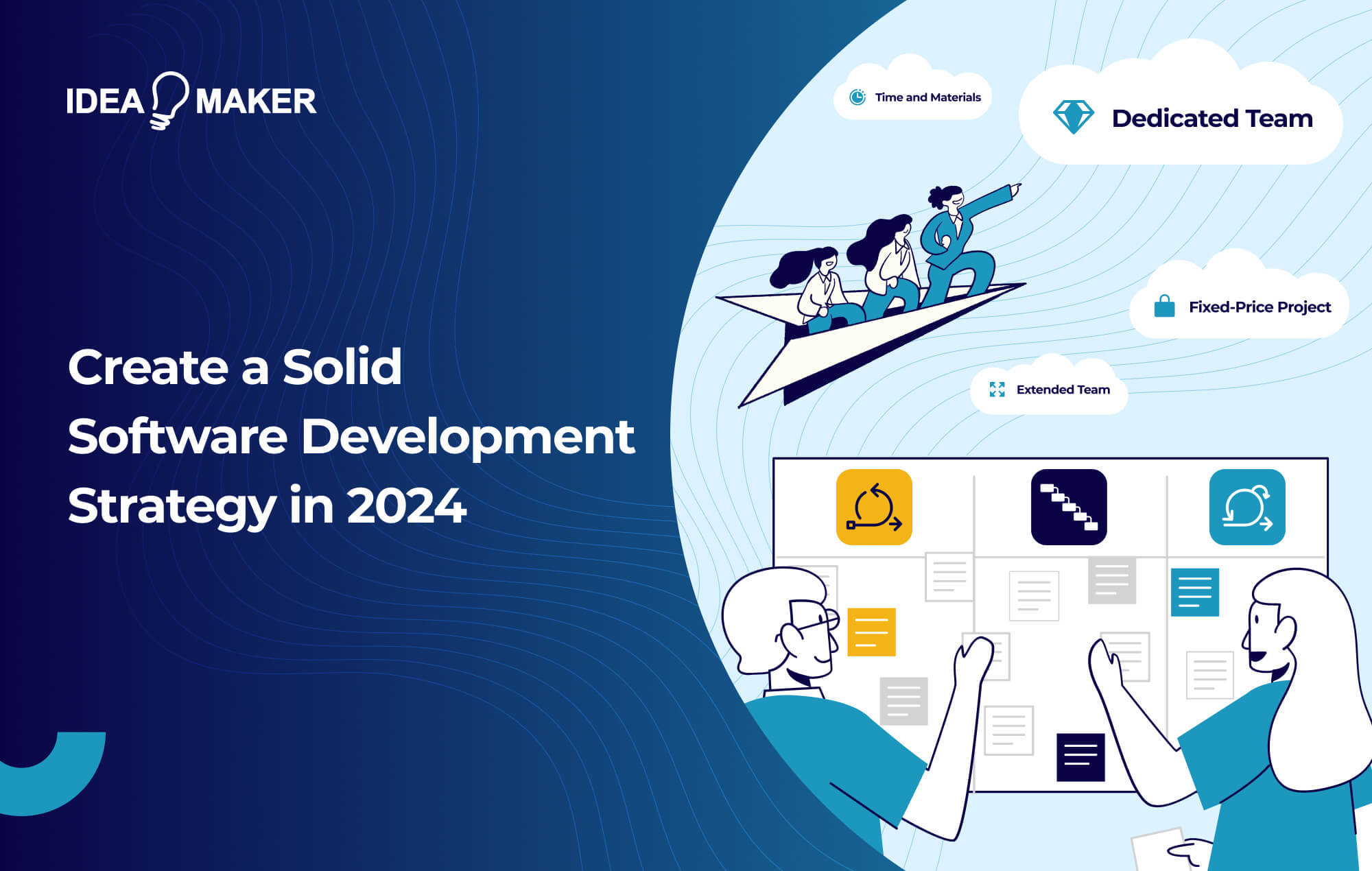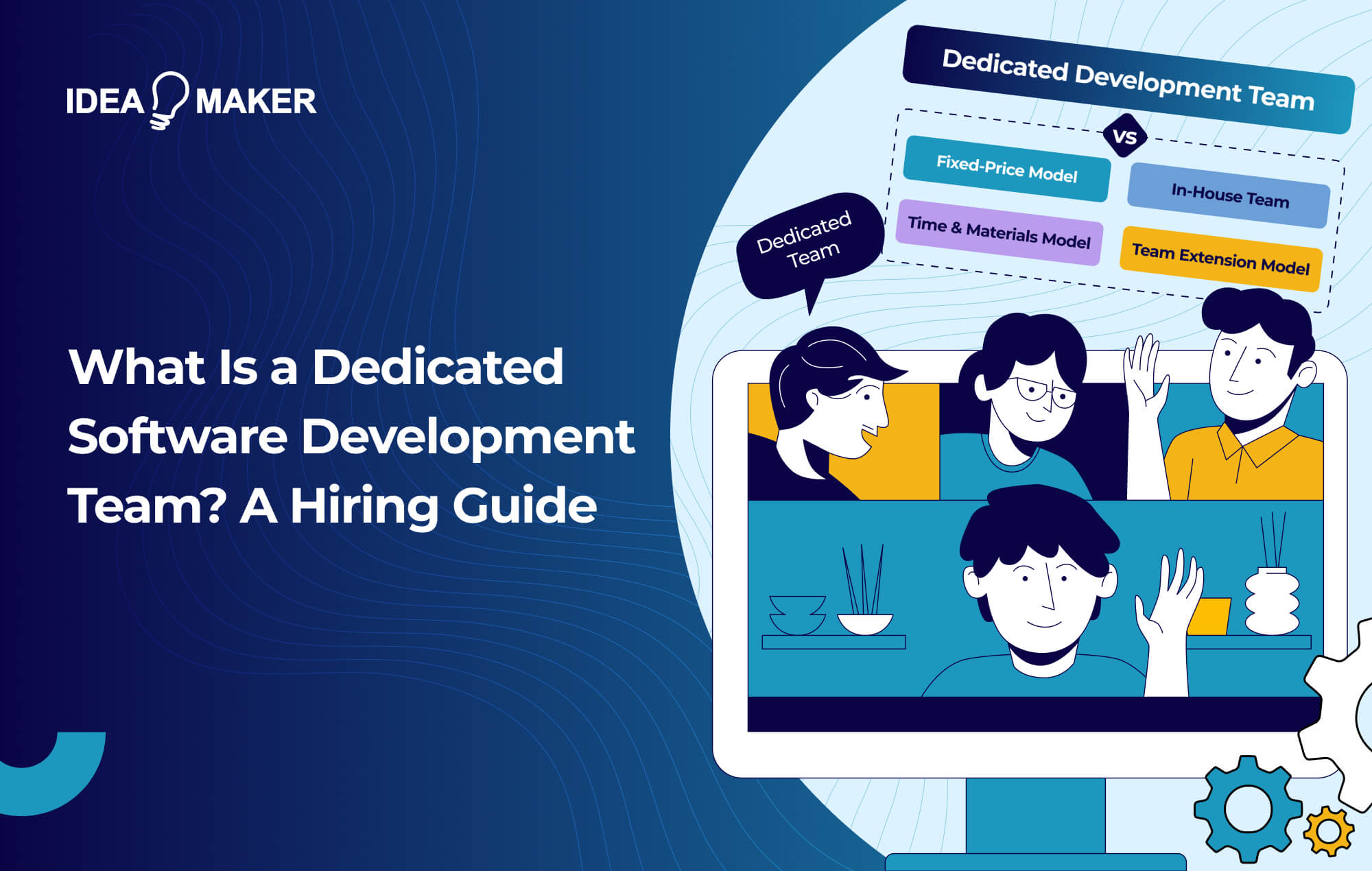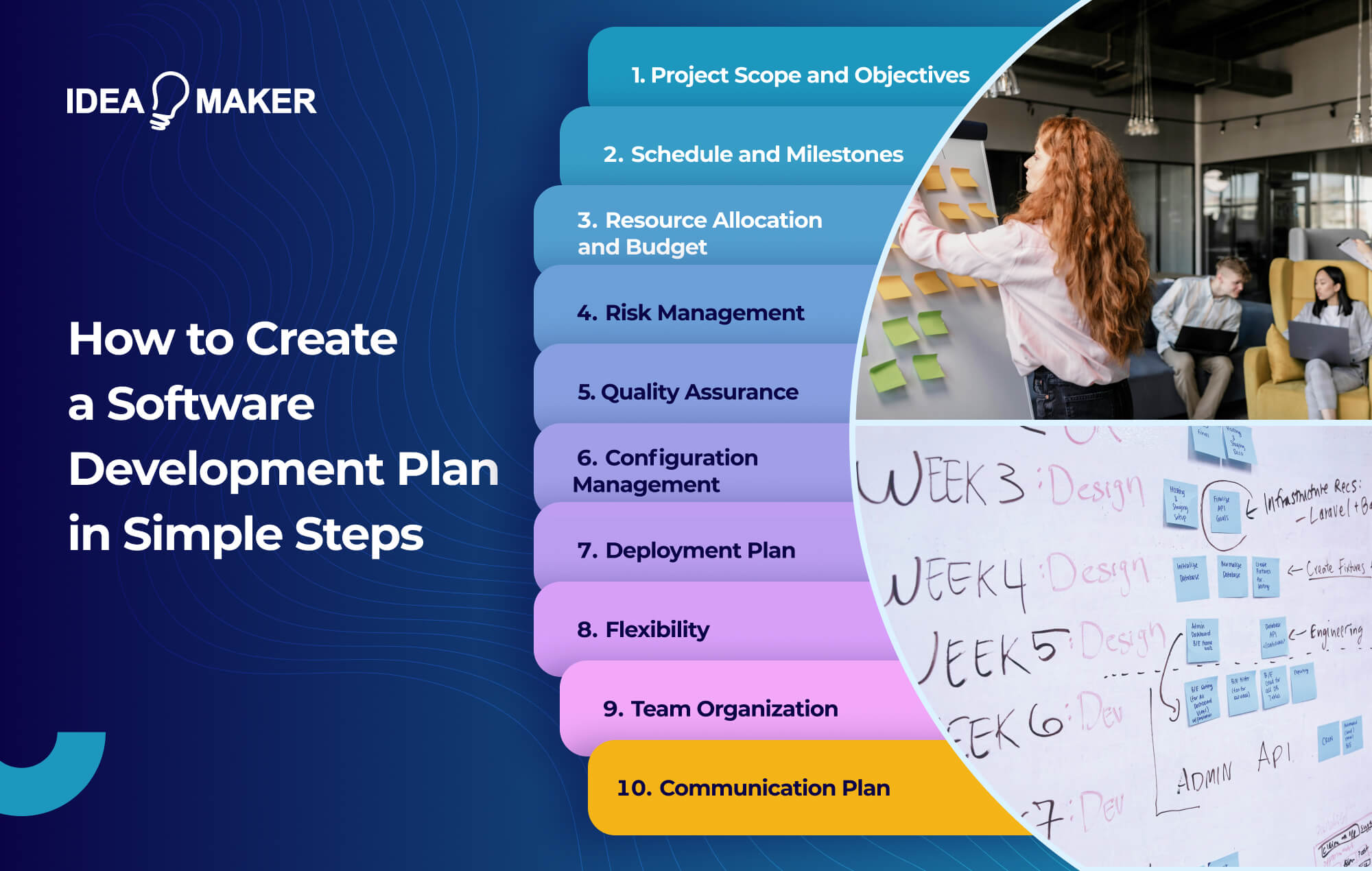Table of Contents
People nowadays increasingly utilize healthcare mobile apps and websites for different healthcare requirements. Healthcare is an industry that deals daily with sensitive and confidential information such as the patients’ medical histories, insurance details, and lab test results. Accordingly, securing this data is a challenge and integrating security and privacy protection for healthcare data is a primary responsibility of health apps developers under HIPAA compliance regulation.
When designing and developing a healthcare app, ensuring that it is HIPAA compliant is vital to enhance its business value and provide a sense of assurance to the users that their information is secured and privacy is protected. Thus, if you are hiring a medical app developer, it is imperative to get a clear understanding of HIPAA compliance, check if the app will require HIPAA compliance, and satisfy its requirements.
What is HIPAA?
HIPAA, or Health Insurance Portability and Accountability Act, is a federal law in the USA that was passed in 1996. Its initial purpose was to provide uninterrupted health insurance coverage for people who change or lose their jobs. Later its scope was expanded by different standards and rules, including HIPAA Privacy Rule, Security Rule, and Enforcement Rule. Further, in 2009, ARRA (American Reinvestment and Act) expanded it to HITECH (Health Information Technology Economic and Clinical Health) Act because of the increase in the electronic medium for recording medical data.
Today HIPAA ensures the prevention of abuse, fraud, and waste in health insurance and the protection of ePHI or electronic Protected Health Information by safeguarding their Security, Confidentiality, Integrity, and Availability. Healthcare providers, health plans, healthcare clearinghouses, and business associates are the entities that cover under HIPAA regulation.
Why HIPAA is important
Health information is highly valuable for many cyber attackers who try different data-stealing mechanisms to get hold of the data. For example, a ransomware attack locks down all the emergent health records crippling the works of health care applications and services and risking patients’ lives. (https://www.wired.com/story/universal-health-services-ransomware-attack/)
Also, the privacy of health information is of great importance for patients and health care services to build trust among patients that their records are in safe hands. Specifically for health care apps, it provides a way to showcase that they take privacy and security of user data more seriously, enabling them to attract more traffic and increase application usages.
Organizations that fail to comply with HIPAA rules, are l subject to huge monetary penalties based on the severity of the violation. The following are the monetary penalties companies face per violation under four circumstances.
- $100 to $50,000 if the entity was unaware of the violation but still maintains reasonable measurements for HIPAA compliance.
- $1,000 to $50,000 if the entity could not avoid the violation with reasonable HIPAA compliance
- $10,000 to $50,000 for ‘willful neglect of HIPAA rules
- $50,000 to $1.5 million for ‘willful neglect with no effort to correct the violation
Therefore to avoid such financial losses, it is important to take every step required to be HIPAA compliant.
What is considered a healthcare app?
Health care apps provide valuable health-related services through mobile devices, PCs, tablets, and other communication devices. Today, healthcare apps are for patients and professionals for almost every healthcare need. Healthcare apps for consumers span a wide range of topics. The most popular healthcare app categories are:
- Fitness and dieting
- Mediation and Wellness
- Glucose monitoring
- Heart rate tracking and footstep tracking
- Water intake tracking
- Appointment scheduling and reminders
- Fitness coaching
- Mental health trackers
- Pregnancy
- Menstrual cycle tracking
How to know if your healthcare app falls under HIPAA requirements
Although there are many healthcare apps, not all of them deal with sensitive medical records and Personal Health Information (PHI). PHI is the information that can be used to uniquely identify an individual.
According to the HIPAA privacy rule summary, PHI includes demographic data related to a person’s medical history, health care coverage, payments for healthcare, and personal information such as name, address, telephone number, Social Security Number (SSN), medical record No, biometric identifier, etc. If your app stores ePHI that can individually identify the information, your app falls under HIPAA compliance requirements.
Therefore, if your healthcare app does not deal with ePHI and is mainly used to monitor various health conditions, your app does not fall under HIPAA requirements. For instance, the number of steps walked, calories burned, blood sugar level, heart rates do not count as ePHI if there is no way they can be used to identify the person. Therefore, health care apps that store and share this kind of data do not fall under HIPAA compliance requirements.
How to satisfy HIPAA for your app development
If your app needs to satisfy HIPAA compliance requirements, you must implement security and privacy measures for all your PHI.
Identify PHI from other application data.
First, check what information you are storing about your app consumers. Make a list of data you identified as required to be protected or what data you cannot disclose under HIPAA documents and retain them for your quick reference.
Get the expert help when you require
Suppose you cannot distinguish ePHI data or are not exactly sure if your app falls under HIPAA, the safest and the best thing is to hire an expert who can specifically provide that guidance on your behalf. They will help you identify the most critical data under HIPAA and provide expertise to satisfy HIPAA requirements accelerating your processes.
Apply appropriate security protocols
Once you have identified the PHI, immediately apply protection mechanisms such as encryption, access control and store them in a secure and durable storage solution. Also, you can provide your staff or partners with the necessary training and knowledge on HIPAA, its importance, and the necessary security protocols they must follow when dealing with PHI.
Leverage third-party HIPAA compliant platforms
Sometimes it can be expensive to redesign your application with HIPAA compliance. In that case, consider building your healthcare app with a HIPAA compliant solution so that you can focus on building the app without having to worry about HIPAA Compliance.
How Idea Maker can help ensure your healthcare app is HIPAA compliant.
At Idea Maker, we can ensure your healthcare app is HIPAA compliant by protecting sensitive patient information. For example, idea Maker provides storage encryption to prevent cyber attacks and data breaches keeping your health information safe. We also guarantee encryption at transit through mechanisms such as Secure Socket Layer (SSL) certificate. Using SSL, uses can securely connect with health care apps using HTTPS protocol.
Also, we use data backup to prevent data loss at the time of an infrastructure failure or a cyber attack. Therefore, you can quickly recover the data and ensure you meet HIPAA compliance requirements. In addition, we use authentication and authorization mechanisms to prevent unauthorized access to your data. Therefore, you do not have to worry about violating HIPAA rules by building your healthcare apps using Idea Maker.
Are you excited to build HIPAA-compliant healthcare apps with Idea Maker? Contact us today.
Conclusion
Healthcare apps have become essential for people to monitor, track and report their health-related information. HIPAA compliance rules mandate entities to establish proper security and privacy measures to protect personal health information. Healthcare app developers need to understand HIPAA compliance requirements and always design and develop apps based on maintaining HIPAA standards.








